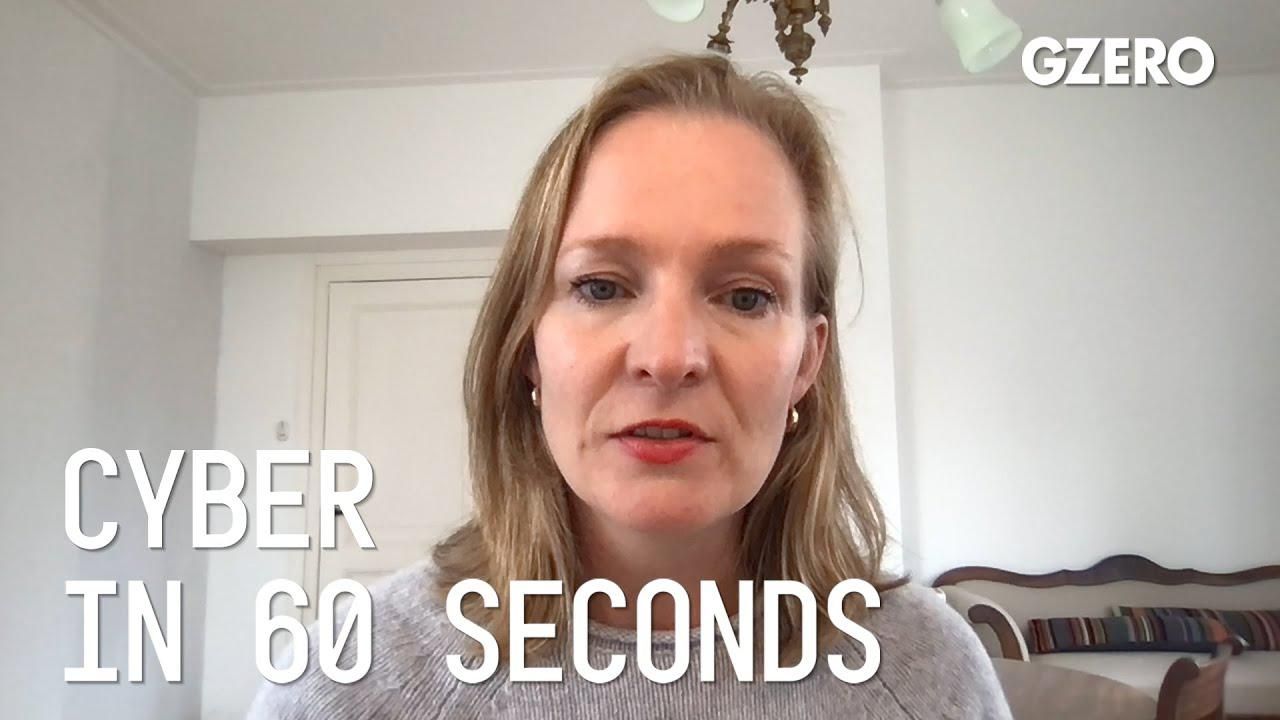El Salvador’s risky move to Bitcoin; future of Singapore patrol robots

Marietje Schaake, International Policy Director at Stanford's Cyber Policy Center, Eurasia Group senior advisor and former MEP, discusses trends in big tech, privacy protection and cyberspace:
El Salvador becomes the first country to adopt Bitcoin as legal tender. Is this a risky move?
Well, it is unclear who ought to benefit most of the President's move to adopt Bitcoin. Poor shopkeepers, wealthy investors, or he himself. With arguments that remittances are expensive and the future is digital, President Bukele leapt forward. But the immediate value drop of Bitcoin was a live reminder of the cryptocurrencies' volatility. One silver lining is that others can learn from the lessons that El Salvador will learn under this new spotlight.
Singapore starts trialing patrol robots to deter bad social behavior. Will robots be used for law enforcement soon?
Well, I certainly hope not because the further and further rollout of a surveillance state is often justified with arguments of safety, security, or convenience. But by adding robots, the intensification of policing public spaces is hidden behind a novelty of fun innovation. If anything, Singaporeans can use more personal space and freedom. And sure, that may mean that some people engage in "bad behavior," such as parking a car or a bike outside of the street lines, but as a Dutch person who has parked a few bikes in her life before, I can tell you that should not be a crime.